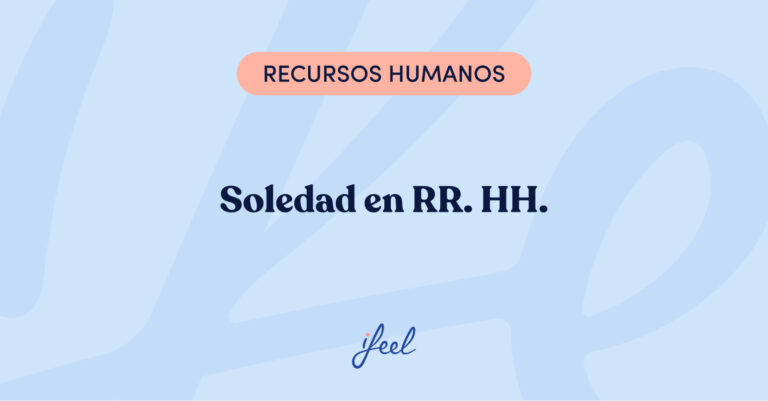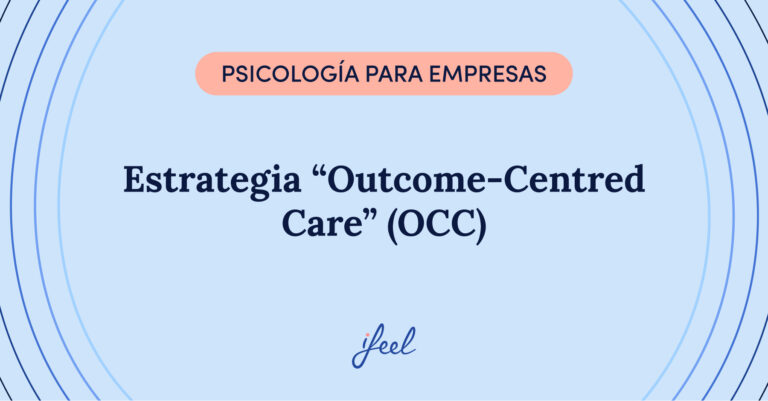[:es]¿Sabías que las langostas a lo largo de su vida tienen que cambiar varias veces su caparazón porque éste se les queda pequeño y les molesta? Es un proceso incómodo y que requiere que, durante un breve período de tiempo queden, en cierta manera, desprotegidas.
De hecho, suelen esconderse debajo de las piedras hasta que desarrollan su nuevo esqueleto protector, que al principio es más frágil y más blando de lo habitual. No debe ser fácil sentirse así de desprotegido y vulnerable en el fondo del mar. ¿Te imaginas?
Cuando los pescadores las capturan en este estado, con frecuencia las devuelven al mar porque las consideran menos valiosas, sin embargo, cuando pasa un tiempo, esta estructura se endurece y la langosta se hace más grande, más deseada.
Algo parecido les ocurre a las personas en algún punto de su proceso vital. Experimentamos situaciones y emociones que nos invitan a dar un giro a nuestra vida, a generar cambios en la forma de pensar o actuar, pero que también nos hacen sentir vulnerables, inquietos, inseguros o ansiosos.
Construir este camino no siempre es fácil y, al igual que las langostas, también necesitamos cambiar ciertas formas de pensar o actuar, ciertas dinámicas, para que así nuestro caparazón deje de hacernos daño y podamos seguir creciendo y evolucionando.
Podemos tomar una pastilla que adormezca nuestro cuerpo y frene el dolor, que apacigüe la incertidumbre… Sin embargo, si las langostas bien saben que necesitan pasar por este proceso para crecer y evolucionar, ¿por qué nosotros no?[:en]Did you know that lobsters have to shed their shells because at one point in their life they become too small and it bothers them? It is an uncomfortable process in which lobsters find themselves a bit unprotected during a short period of time.
Throughout this process lobsters tend to hide under stones until their new protective shell is ready, which is more fragile and softer than usual. It mustn’t be easy feeling so exposed and vulnerable in the deep sea. Can you imagine that?
When fishermen catch them in this stage of their life with their new, soft shell, they frequently return them to the sea because they are considered less valuable. As time passes by, their skeleton gets harder and the lobster grows up and becomes bigger.
Something similar happens to us at some point. We experience situations and emotions that invite us to turn life around and change the way in which we think or act, and this process can make us feel vulnerable, restless, insecure or even anxious.
Going down this path is not always easy, just like lobsters, we also need to change certain things or specific dynamics in order to make sure that our shell stops hurting us and that we can keep on making progress and evolving.
We could take a pill to numb our body and stop the pain, to contain and pacify the uncertainty… However, if lobsters know that they need to go through this process to thrive and evolve, how come we don’t?[:]






